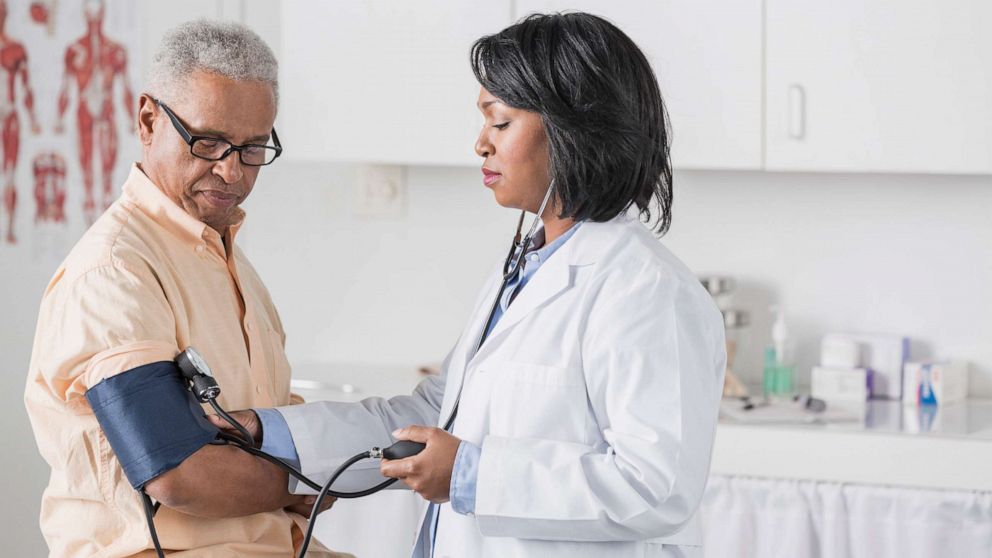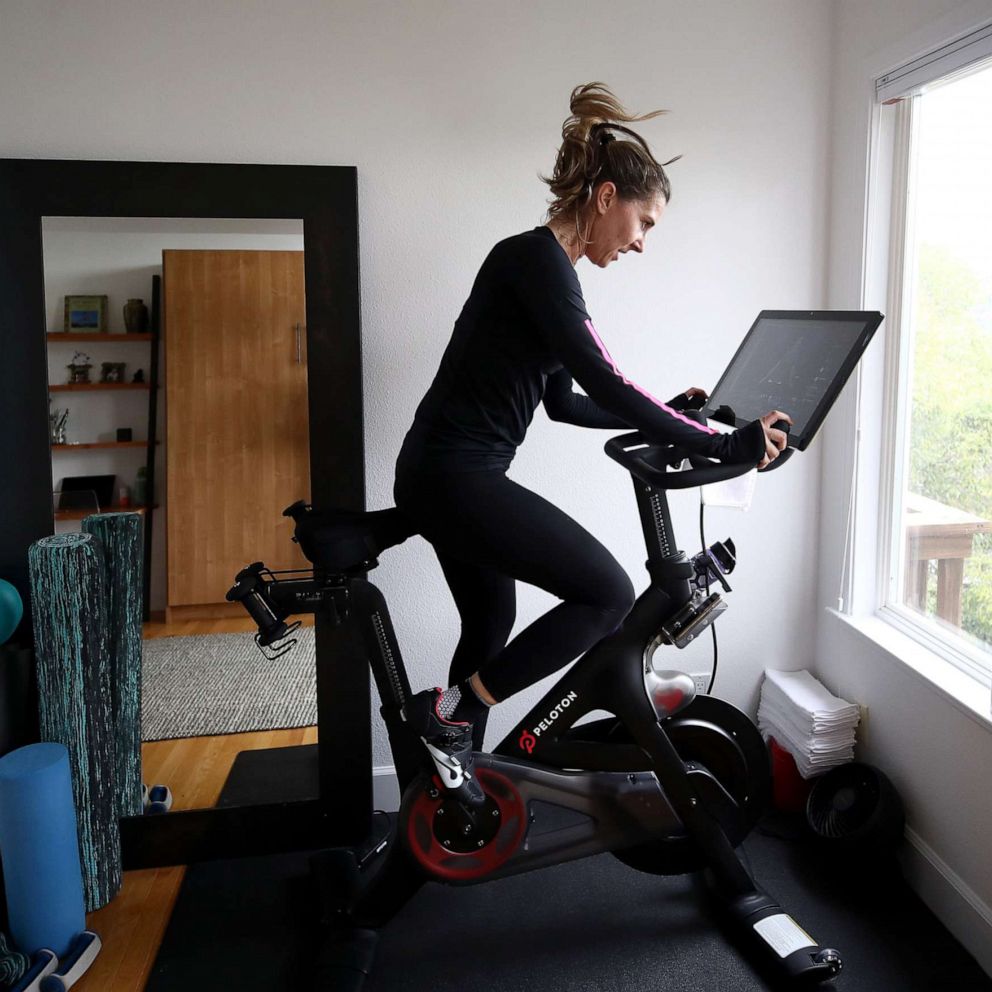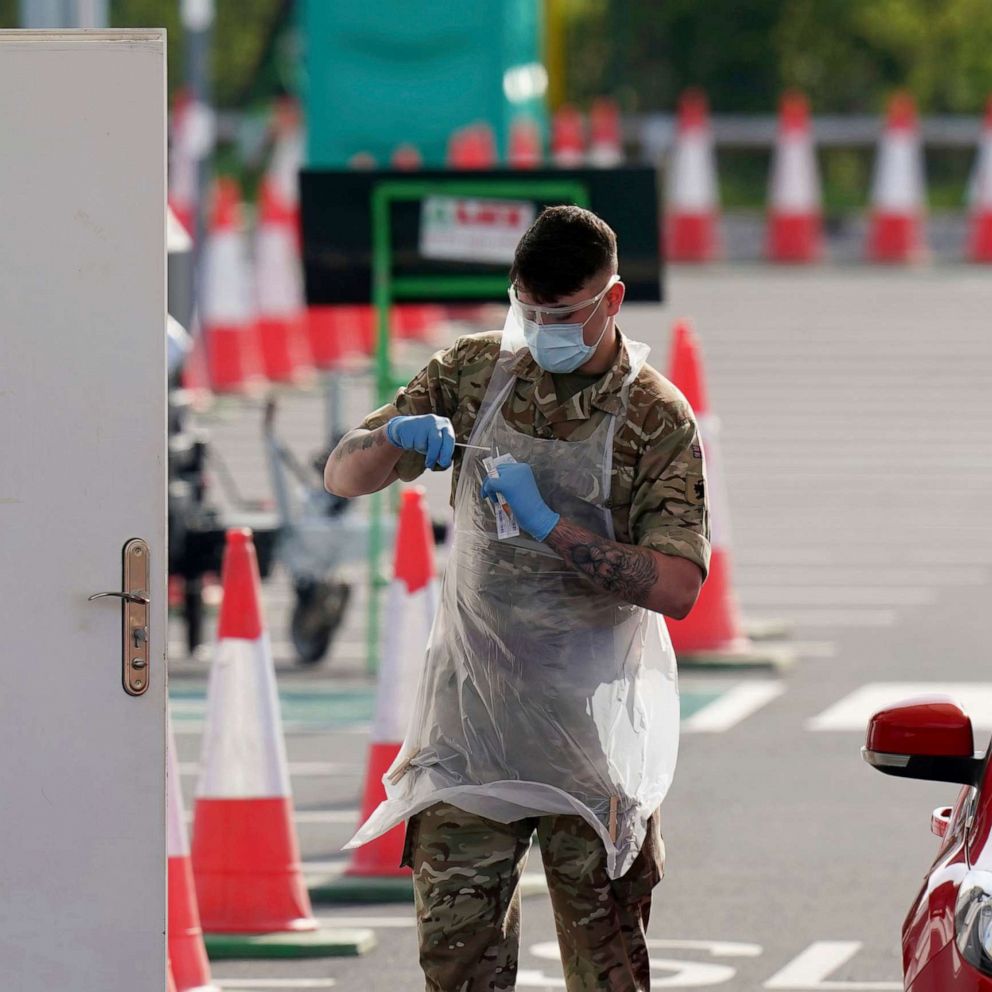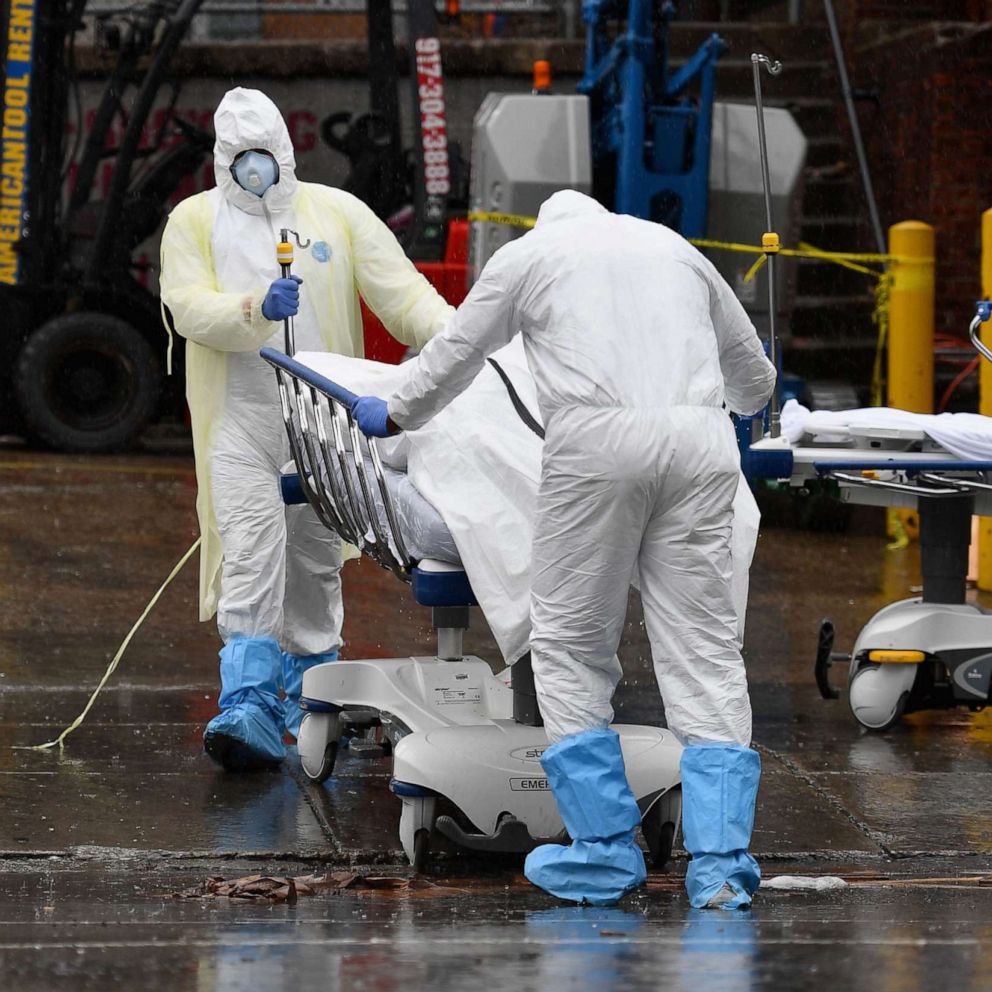Your doctor’s not available for you right now amid coronavirus and that may lead to catastrophic consequences in the future
The nation’s doctors have been called to the front lines in the battle against the novel coronavirus no matter what their specialty is, and that may mean they aren’t available to you.
"It’s no longer business as usual," said Dr. Esther E. Forrester, a pediatric and adolescent medicine physician from Howard University Hospital, "I’m really worried about the patients we aren’t seeing."
As the COVID-19 pandemic rages on, the nation's public health leaders have advised Americans to skip regular check-ups, elective procedures and routine cancer screenings.
However, the need for primary care and preventive services hasn’t changed. Now, doctors are starting to worry that the nation may see a spike in preventable illnesses after the pandemic recedes.
Well before the COVID-19 crisis, the CDC estimated that people in the U.S. go to the doctor approximately 883.7 million times a year, that is an average of 2 to 3 times per person. Over half of those visits are to a primary care physician. But with the COVID-19 restrictions, how many of these appointments are being skipped, and what will that mean downstream?
Routine visits are often how an underlying condition is discovered, where 1.5 million new cases of diabetes are diagnosed annually, depression and anxiety are discussed, sexual and reproductive health are managed, cavities are addressed, and reminders are set for mammograms and colonoscopies.
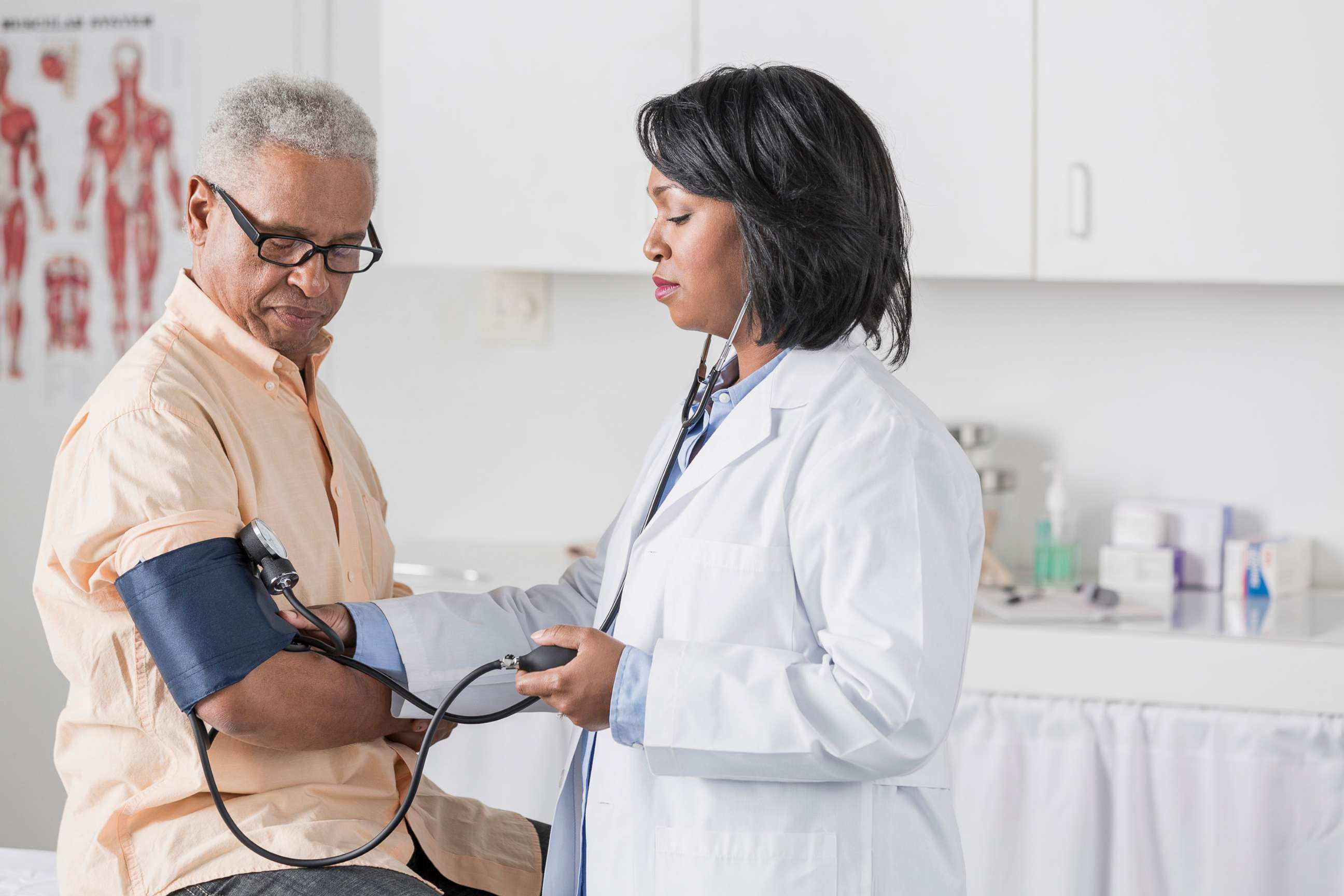
Some medical problems may not be emergencies, but they are urgent. Nearly half the adults in the U.S. have high blood pressure, and only 1 out of 4 of them have their condition under control. High blood pressure puts you at risk for heart disease and stroke, which are leading causes of death in the U.S.
Dr. Jennifer H. Haythe, associate professor of medicine, Division of Cardiology at Columbia University Irving Medical Center, says, "I’m worried about the downstream effects of patients not getting their general preventive care."
Meanwhile, some people who need organ transplants are not getting them. The "world of transplantation is on hold," she said, unless someone is at the very top of the list. Living related donors, who made up nearly 7000 of the donors in 2018, are also on hold due to fears of donating an organ infected with COVID-19, Haythe added.
With such a critical need, many won't be able to wait until these restrictions are lifted.
"We have a huge gap in our network of doctors right now," said Dr. Mark Abdelmalek, board-certified dermatologist and ABC News medical contributor.
"[My patient] needs to go to a hospital for a work up, but why would I send him to a hospital to risk getting COVID?" said Abdelmalek, as he described an elderly patient of his who is immunosuppressed from having a transplant years earlier. "We do skype and pseudo-telehealth with him, but it's creating a challenge to deliver the high-quality care we are used to delivering" he said.
Haythe explains, "for patients, delayed care can mean life and death, but they are too afraid to go into an office with so many COVID-19 positive patients," instead of going in with chest pain, they die of a heart attack. In the end, she said, "it is hard to know the magnitude of that loss of life will be."
"I think that people rely on their physicians and their physicians being there for the when they need them," Abdelmalek said, adding that "as physicians we are struggling with ‘do no harm’ and properly weighing risks and benefits."
What to know about coronavirus:
- How it started and how to protect yourself: Coronavirus explained
- What to do if you have symptoms: Coronavirus symptoms
- Tracking the spread in the U.S. and worldwide: Coronavirus map
For new parents, there's yet another concern. The American Academy of Pediatrics recommends a checkup at two weeks, followed by visits at two, four, six, nine, 12, 15, and 18 months, and two years, but has proposed some flexibility during the pandemic. The typical series of visits are not only critical for vaccine administration, growth and development monitoring, but also for new parents to discuss challenges with feeding, sleeping, and more.
For adolescents and young adults, Forrester says "routine visits are a critical time to discuss personal safety, mental health, sexuality, and high-risk behaviors like smoking and drugs," adding that "adolescents feel invincible," but without these visits they may be missing out on results from a "pregnancy test, urine dips for sexually transmitted diseases" and more.
Maryland state Sen. Clarence Lam, who is also a preventive medicine physician at Johns Hopkins in Baltimore, said it is "important not to forget about your mental well-being as well."
Research shows that mental illnesses affect tens of millions of people each year, and only a fraction receive treatment.
Telehealth options for mental health have also been expanded during this time, and while it can make all the difference for some, others may not be willing to talk to a provider they did not already have a relationship with.
Pregnancy has also been impacted. The American College of Obstetricians and Gynecologists has offered alternate or reduced prenatal care schedules to decrease exposure including grouping components of care together. But each one of those visits is typically considered essential for monitoring mom and baby. Hospitals and care centers have evoked their own protective measures during labor and delivery, in some hospitals not allowing any family member in the room. The shift in support can have a profound impact on the family.
"Many primary care physicians are worried about our high-risk patients (chronic heart, lung, or kidney disease or HIV) skipping appointments, going without medications, since they have been told to stay home. If they were exposed to COVID-19 it might be worse for them" said Dr. Richard Bruno, a family and preventive medicine physician in Baltimore, Maryland.
Telehealth can help, but not everyone can access these services.
Bruno said "many of us are switching to telehealth video or phone visits to help make sure people can stay home and get their medications without risk being exposed." Unfortunately, despite national efforts to allow telehealth, not everyone is comfortable or has access, and not every illness is appropriate for telehealth.
The altered way health care is practiced doesn’t have a proposed end date. It will not be as simple as everything going back to normal a certain number of days from now. Diagnoses that were missed could mean progression of diseases that will be harder to control, may require more medications than they would, may mean more invasive surgeries, or even may mean the loss of lives that could have been saved.
In a statement on the American Cancer Society guidance page, Dr. Richard Wender, the organization’s chief cancer control officer, says "when restrictions lift, it's important to reschedule any screening test that you're due to receive." However, exams will be backed up. People who are already hesitant to get a yearly mammogram or scheduled colonoscopy may skip it for the following year instead of rescheduling a few months later. This could mean the difference in how a developing tumor is staged.
Forrester highlights another concern: will there be enough health care workers available to handle the influx of patients.
"Post-COVID is what is scaring me," she said, expressing concern over "burn-out for all the health care professionals. All those surgeries that have to be done, dentists needing to catch up, it is a lot of stress."
In the interim, it is important for patients to be an advocate for themselves. Seek help for changes in symptoms and find a way to be seen by health care professional if you need help. Lam said it is important "to maintain a sense of stability in an environment that is changing frequently." Giving hope, "while times are challenging now, we need to bear in mind that we will get through this together."
Delaram J. Taghipour, M.D., M.P.H, M.B.A., is a preventive medicine resident at Johns Hopkins Bloomberg School of Public Health and is a contributor to the ABC News' Medical Unit.
